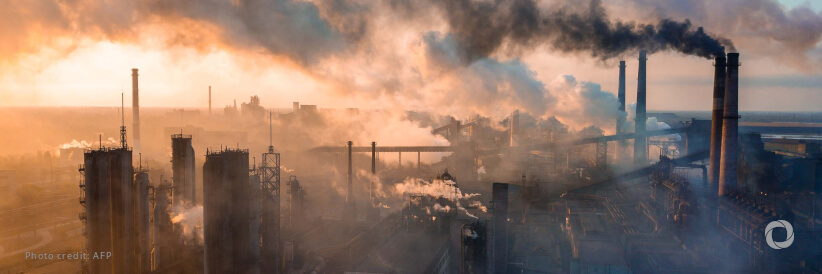The UN’s deadline for countries to submit their 2035 climate targets and plans passed with most G20 countries missing the opportunity to set the pace for ambition. Countries are urged to focus on producing high-quality plans and meeting the new September deadline ahead of COP30.
Just 12 countries met the February deadline, including UAE, Brazil, USA, Uruguay, Switzerland, UK, New Zealand, Andorra, St Lucia, Ecuador, Singapore, and the Marshall Islands. Only three G20 countries have submitted new climate targets.
The majority of countries are now due to publish their national climate plans, known as Nationally Determined Contributions (NDCs), throughout the year ahead of the COP30 UN climate commit in November. However, the February 10th deadline provided an opportunity for G20 countries to show much-needed climate leadership following a disappointing COP29 outcome on climate finance.
Since the first national climate plans were introduced in 2015, they have been a powerful driver for change. This is the third time countries have been required to put forward new targets and plans since the Paris Agreement. Each update cycle is intended to ‘ratchet up’ ambition in line with the global aim of limiting global warming to 1.5oC.
Manuel Pulgar Vidal, WWF Global Climate and Energy Lead, said: “This round of NDCs is the last chance for countries to set out measures that can keep global warming to below 1.5oC. By the next cycle in 2030, it will be too late, and we cannot afford to fail the promise of the Paris Agreement. As it stands now, there are more submissions from smaller developing countries than rich countries. Developing countries need assurance that the biggest polluters will do their fair share of emissions reduction, so they will have the confidence to uplift their targets too. G20 countries must come forward early this year with ambitious targets and quality plans. We should not underestimate the power this could have as a political signal in these challenging times.”
Shirley Matheson, WWF Global NDC Enhancement Coordinator, said: “We need to see ambitious 2035 climate targets as well as enhanced 2030 emissions reduction targets. Core to a successful NDC is strong actionable targets and a credible blueprint for transitioning away from fossil fuels in the energy sector, transforming food systems, and halting and reversing the loss of nature. Countries that don’t submit strong plans, promptly, risk missing out on the global clean energy race, missing out on investment, green jobs, and long-term economic security.”
Alexandre Prado, Climate Change Leader at WWF-Brazil, said: “In order to limit global warming to 1.5°C, it is critical that Nationally Determined Contributions (NDCs) are ambitious and address the pressing need for emissions reductions. Adaptation targets must also be robust and ambitious, in line with the challenges we’re already facing, while adhering to the principles of climate justice to ensure that the most vulnerable people and countries have the resources they need to cope with the impacts. Climate finance, particularly in developing economies, is essential to making these actions feasible, driving investment in clean technologies, resilient infrastructure, and inclusive policies.”
WWF’s NDCs We Want Checklist sets out important elements for countries to consider in developing new national climate plans. This round of NDCs should also respond to recent recommendations from a Global Stocktake to address the gaps in climate targets – including prompting countries to consider how they will transition away from fossil fuels in the energy sector, and halt and reverse deforestation by 2030.

